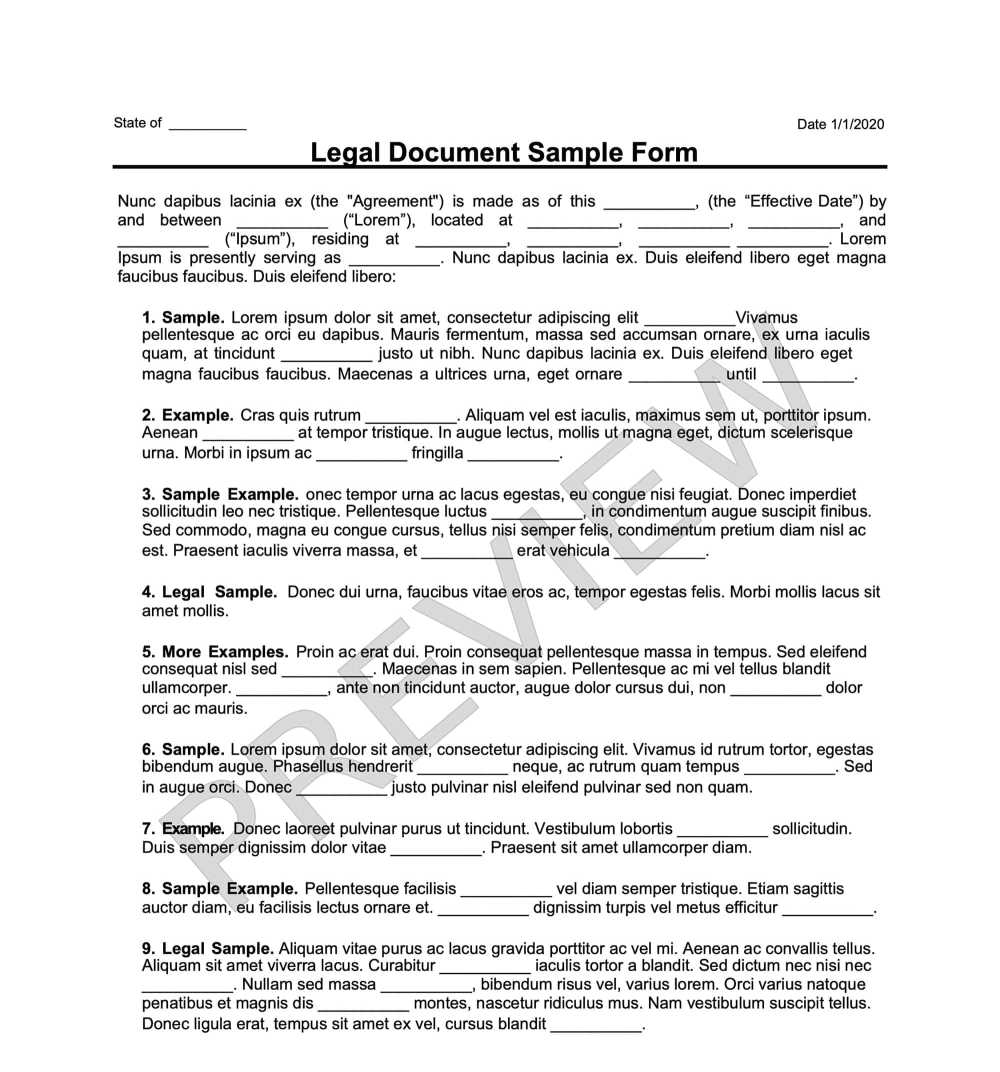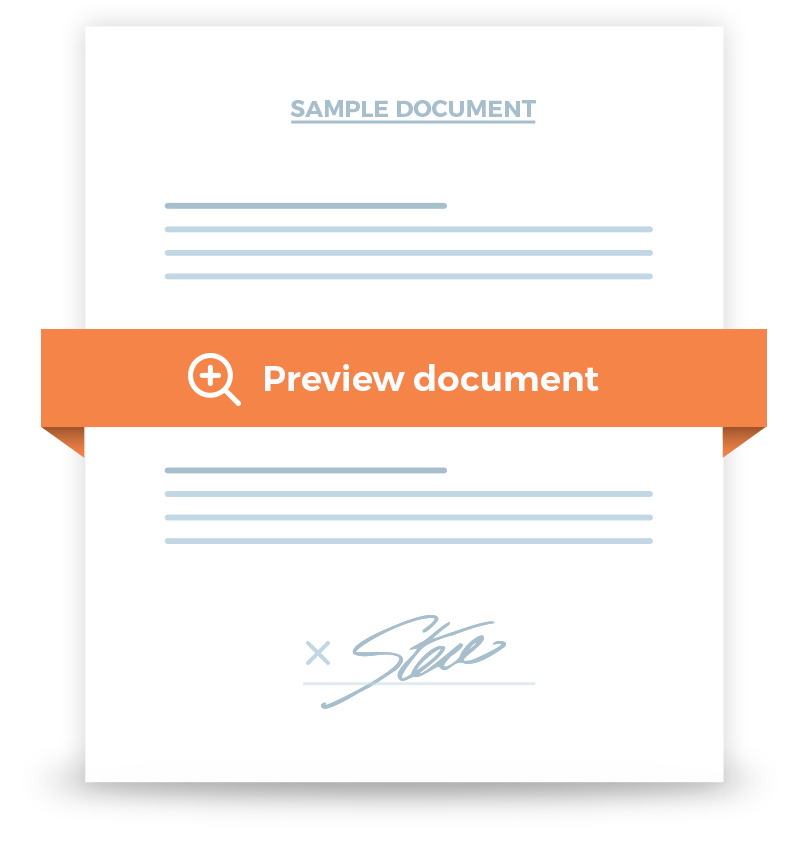Mutual Confidentiality Agreement
A Mutual Confidentiality Agreement is used to protect the confidential information of both parties involved in the agreement.


Frequently Asked Questions
A mutual confidentiality agreement equally protects both parties listed, while a unilateral confidentiality agreement only protects one party that is disclosing information. The latter document is often used between a business and employee.
When two companies discuss a merger or joint venture, any contemplation of a unilateral confidentiality agreement can create bad faith. In this case, it is the Mutual Confidentiality Agreement that is more effective at preventing the theft of ideas, trade secrets, and other valuable information. In addition, not having a bilateral agreement means that companies or individuals open themselves up to potential negative publicity.
There is no essential difference between these two types of agreements. In most cases, and across industries, they are used interchangeably. However, one could argue that the term "confidentiality agreement" is used when someone tries to emphasize the level of secrecy involved. It is a more commonly used term in employment or business. An NDA is more commonly unilateral and often used to protect personal or sensitive information from becoming public.
Confidentiality Agreements exclude the following:
Non-proprietary information: Information that is not classified as a trade secret or owned by one of the parties.
Subpoenaed information: If subpoenaed by a court, a receiving party can disclose information to the authority without violating the confidentiality agreement.
Public information: All information considered public knowledge.
Common knowledge: Commonly known information in the industry.
Previously known information: A receiving party is not required to protect information learned prior to the confidentiality agreement.
An injunction is a court order for one party to refrain from a certain act at the threat of contempt of court. As relates to a confidentiality agreement, a court injunction would most commonly order one party to not disclose any relevant confidential information they are not supposed to share. The defendant who breaches a confidentiality agreement may be ordered to pay monetary damage, but even before or after that, the claimant can petition the court for an injunction to order the defendant to not disclose the information or to refrain from disclosing any further.
The non-solicitation clause is a covenant to refrain from using confidential information to poach clients or employees from the other party. While it can be a standalone document, the non-solicitation clause is often inserted into other contracts.




